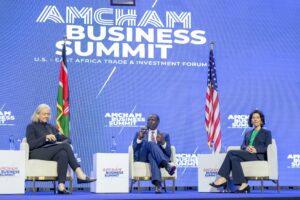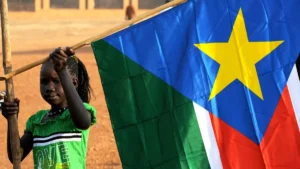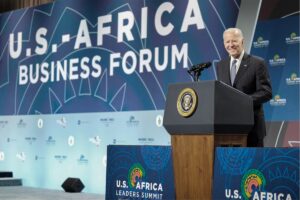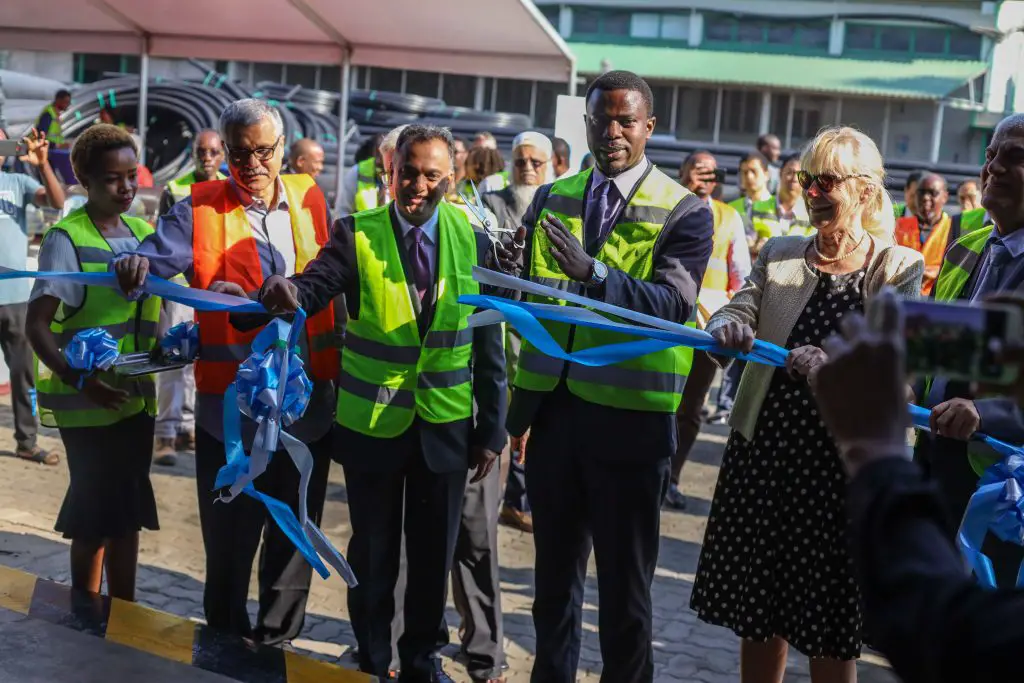Trending
- History beckons as push for Kenya’s Ruto to address US Congress gathers pace
- IMF’s Sub-Saharan Africa economic forecast shows 1.2 percent GDP growth
- The US Congress proposes extending Agoa to 2041, covering all African countries
- Millions at risk of famine as fuel tax row halts UN aid operations in South Sudan
- Empowering the Future: Humanity Protocol’s Dream Play Initiative
- TikTok Community Guidelines update aims to curb hate speech and misinformation
- Rwanda sees 39% surge in bank borrowers as Sacco and MFI loan uptake declines
- Kenya Ports Authority wins dispute case over cargo release





